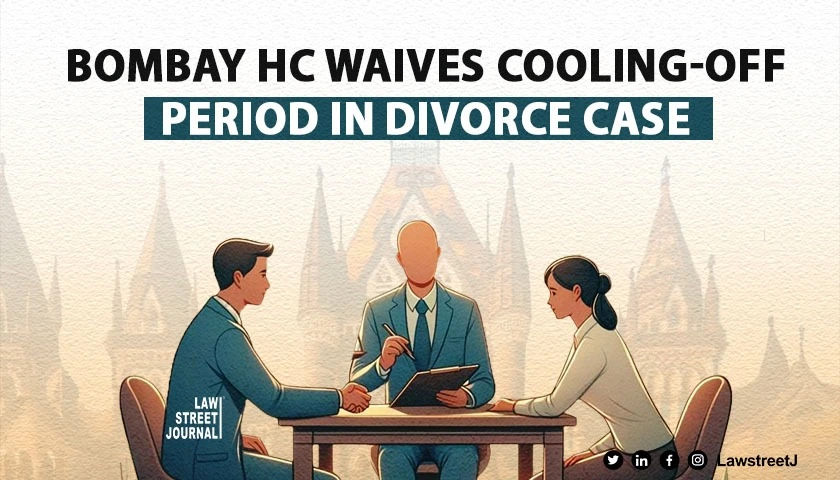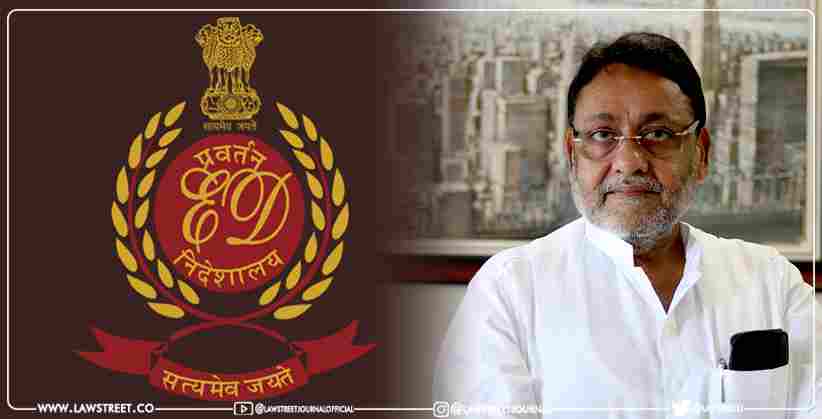Mumbai: The Bombay High Court has delivered a significant order waiving the mandatory six-month cooling-off period in a mutual divorce case, emphasizing the mental agony faced by couples unable to reside together.
Justice Gauri Godse allowed a writ petition challenging the Family Court’s rejection of an application to waive the cooling-off period under Section 13-B of the Hindu Marriage Act, 1955.
The court noted that the petitioners, married on July 18, 2021, had been living separately since October 10, 2022, due to irreconcilable differences. They filed for divorce by mutual consent on March 13, 2024, along with an application to waive the six-month waiting period.
Also Read: Supreme Court grants divorce on grounds of desertion, overturns High Court ruling [Read Judgment]
Justice Godse observed, “A newly married couple not being able to reside together, or a couple married for quite some time being unable to continue to stay together for various reasons, itself would be a mental agony.”
The court emphasized the need for a realistic approach in such cases, stating,
“Once the Court is satisfied that the parties have taken a conscious decision to separate and move ahead and that there is no possibility of reconciliation, the Court should adopt a realistic approach and exercise the discretion to waive the waiting period.”
Referring to the Supreme Court’s guidelines in Amardeep Singh vs Harveen Kaur (2017), the court found that all conditions for waiving the cooling-off period were satisfied in this case.
Also Read: Kerala HC grants divorce to woman trapped in loveless marriage for over a decade [Read Judgment]
After interacting with both petitioners and confirming their inability to reconcile, the court not only waived the cooling-off period but also granted a decree of divorce to avoid further delay.
Justice Godse concluded, “Considering the facts of the case, I am satisfied that the petitioners are entitled to a waiver of the waiting period of six months provided under Section 13-B(2) of the said Act.”
In conclusion, the court found it fit to exercise its jurisdiction under Article 227 of the Constitution of India to correct the impugned order by waiving the waiting period and also passed further orders for the dissolution of the marriage.




![Husband Can Also Claim Alimony/Maintenance From Wife: Bombay High Court Orders Woman To Pay Alimony To Ex-Husband [Read Order]](/secure/uploads/2022/04/lj_2823_Divorce.jpg)








